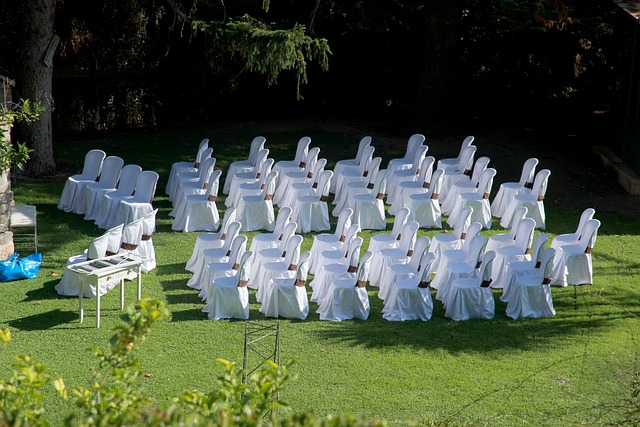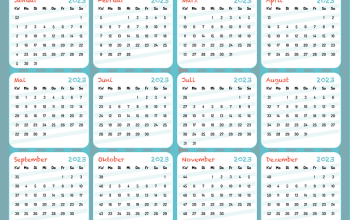Event Planning for Local Businesses thrives on understanding and catering to specific community needs and interests. By analyzing demographics, cultural nuances, and local trends, planners create tailored events that foster engagement, strengthen relationships, and encourage repeat participation. Effective strategies include collaborating with neighborhood associations, cultural centers, and charity groups for logistical support, venue access, and authentic local knowledge, ultimately positioning businesses as integral community members and driving long-term goodwill.
Local events are powerful tools for businesses to connect with their communities, build brand loyalty, and drive growth. This article guides you through the art of successful local event planning, focusing on understanding your audience, strategic coordination, and leveraging technology. By implementing tailored experiences that resonate with specific needs and interests, you can create memorable events that position your business as a community champion. Discover how to set clear goals, manage budgets effectively, engage attendees, and measure impactful outcomes for maximum return on investment in event planning for local businesses.
- Understanding Your Local Audience
- – Identifying community needs and interests
- – Building relationships with local influencers and organizations
Understanding Your Local Audience

Understanding your local audience is a cornerstone in event planning for local businesses. By delving into the demographics, interests, and cultural nuances of your community, you can tailor events that resonate deeply with attendees. This personal touch fosters engagement, builds stronger relationships with customers, and encourages repeat participation. For instance, knowing that your target audience appreciates traditional folk music could inform the entertainment choices for a community festival, ensuring higher attendance and satisfaction.
Event planners should also consider local trends, preferences, and upcoming celebrations. Incorporating these insights allows for relevant themes, activities, and partnerships that capture the collective spirit of the community. This strategic approach not only enhances event success but also positions local businesses as integral parts of their communities, fostering goodwill and long-term support from residents.
– Identifying community needs and interests

Successful event planning for local businesses begins with a deep understanding of the community they serve. Identifying community needs and interests is a crucial step in this process, as it allows organizers to create events that resonate with attendees. By engaging with residents, business owners, and local organizations, planners can gauge what the community values most—whether it’s cultural diversity, sustainability initiatives, or family-friendly activities. This information guides the theme, location, and programming of events, ensuring they align with local priorities.
For instance, a bustling town known for its vibrant art scene might prioritize cultural events like art exhibitions and music festivals. Conversely, a community grappling with environmental concerns may favor eco-focused initiatives such as recycling drives or nature walks. Event planners for local businesses should strive to be attuned to these needs, making each gathering a testament to the unique spirit of their community.
– Building relationships with local influencers and organizations

Building strong relationships is a cornerstone of successful event planning for local businesses. By cultivating ties with key influencers and organizations within the community, event planners can create high-impact experiences that resonate deeply with attendees. Local influencers, including popular bloggers, social media personalities, and community leaders, possess an inherent understanding of their region’s unique culture and interests. Engaging them not only amplifies reach but also adds a layer of authenticity to events, ensuring they align with local values.
Organizations, such as neighborhood associations, cultural centers, and charity groups, are vital partners in event planning. They provide valuable insights into community preferences, offer logistical support, and can help secure permits and venues. Collaborating with these entities fosters a sense of shared responsibility and community engagement, making events more inclusive and successful. Leveraging the expertise and networks of local influencers and organizations is essential for creating memorable experiences that drive positive outcomes for both event hosts and the broader community.
Event planning for local businesses thrives on understanding the unique dynamics of your community. By identifying audience needs and interests, and fostering strong partnerships with local influencers, you can create events that resonate deeply with attendees. This approach ensures not just success but also fosters a sense of belonging and growth within the local landscape, transforming each event into a vibrant testament to the community’s spirit.




